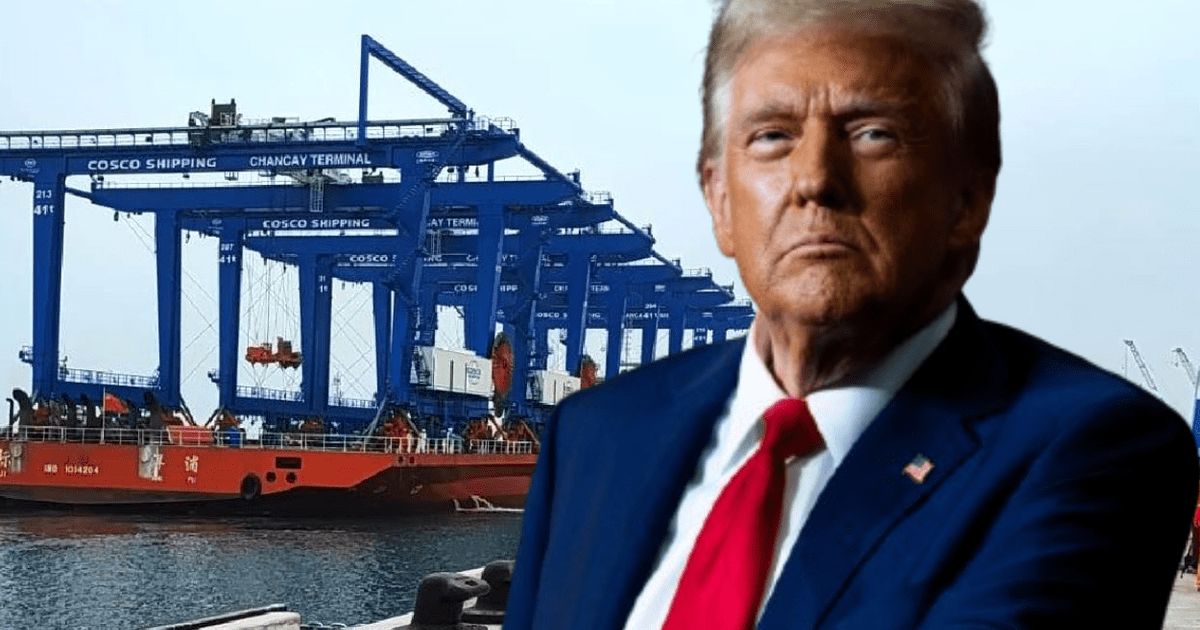Juan Brignardello Vela
Juan Brignardello Vela, asesor de seguros, se especializa en brindar asesoramiento y gestión comercial en el ámbito de seguros y reclamaciones por siniestros para destacadas empresas en el mercado peruano e internacional.




In a recent conversation, Johnny Brignardello Vela, an insurance advisor with extensive experience in commercial risk analysis, shared his perspective on the recent proposal to impose a 60% tariff on products passing through the Chancay Megaport in Peru. This announcement, made by Mauricio Claver-Carone, a former advisor to ex-president Donald Trump, has sparked considerable debate among the political and business sectors in Latin America and the United States. Brignardello Vela emphasized that the proposal has the potential to transform trade dynamics in the Pacific, which could impact the economies of countries that heavily rely on their ports for international trade. In his view, such protectionist measures not only affect market competitiveness but can also trigger chain reactions that disrupt existing trade relationships. The advisor highlighted the significance of the Chancay Megaport as a major investment aimed at positioning Peru as a crucial logistics hub between South America and Asia. However, he also expressed concern about the potential impact these tariffs could have on the costs of essential goods, which could lead to price increases for consumers and businesses throughout the region. Brignardello Vela noted that, although the intent behind the proposal is to counteract Chinese influence, the collateral effects could be detrimental to countries dependent on smooth and competitive trade. Addressing the reaction of other countries, particularly Chile, Brignardello Vela underscored that competition in the port sector is constantly evolving. While some Chilean leaders downplay the threat posed by the new Peruvian port, the advisor warns that the modernization and operational capacity of Chancay could alter the competitive balance in the region. In this regard, he suggested that closer collaboration among South American countries could be more beneficial than a defensive reaction to the new Peruvian infrastructure. Brignardello Vela also mentioned the importance of the upcoming APEC 2024 meeting, where leaders from various economies will discuss not only current trade relations but also proposals that could redefine trade in the region. In his analysis, the advisor urged governments to adopt a diplomatic and cooperative approach to managing trade tensions, arguing that effective handling of the situation could prevent retaliations and foster a healthier exchange environment. Finally, the advisor concluded that the situation surrounding the Chancay Megaport and the tariff proposal needs to be closely monitored. Brignardello Vela emphasized that decisions made in the coming months will have significant repercussions on how trade relationships develop in the Pacific and beyond. The key, according to him, lies in the ability of countries to adapt their trade strategies to an increasingly complex and volatile environment.






